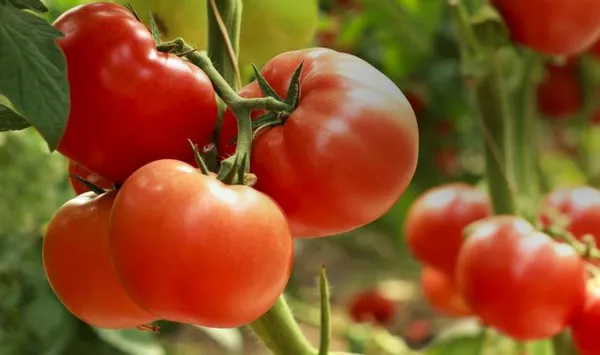Since the company’s inception, TibiBio’s goal has been to replace the use of traditional plastics in horticulture for the fixing and fastening systems with compostable raw materials.
Plastic clips and supports have proven to be very useful and cost-effective over the years, but when you have more and more hectares under glass, they also become a great amount of fossil-based waste to properly manage.
“In TibiBio, we have successfully developed a 23mm compostable tomato clip and a 6mm compostable truss support designed to stay on plants for the whole growing season and become a resource, not a plastic waste, after their use,” the TibiBio team explains.

After the season, instead of separating standard plastic clips waste, the grower can just put all the organic waste together with TibiBio compostable products and bring them to an industrial composter site. Here, through biodegradation, these items will turn back into compost.
“For transparency and to gain the trust of our customers, our products have been tested for many years, and in February 2022, we finally obtained the “OK-Compost Industrial” certification by TÜV Austria,” they add.
“This proves that we do not merely claim that our products are compostable, but that they have been tested by a third-party company and are compliant with the compostability and disintegration standards in industrial composting conditions.”
Of course, compostable items are not as cheap as traditional plastic ones. Still, this is true if you only have a price-oriented approach. But what if you consider the whole picture? “Firstly, you have to take into account the labor costs for the separation of traditional plastic clips/supports from the plants at the end of the season.
Secondly, you have to consider how much you pay for the correct disposal of them.
Last but not least, traditional plastics have an environmental cost as well in terms of CO2 emissions (oil extraction, raw-material production, incineration, etc.),” they conclude.
For more information:
TibiBio
Via Vittorio Villa, 12.24040, Canonica d'Adda (BG)
Tel +39 0290988292
Fax +39 0290988845
info@tibibio.it
tibibio.it
